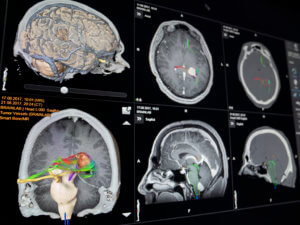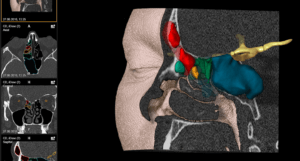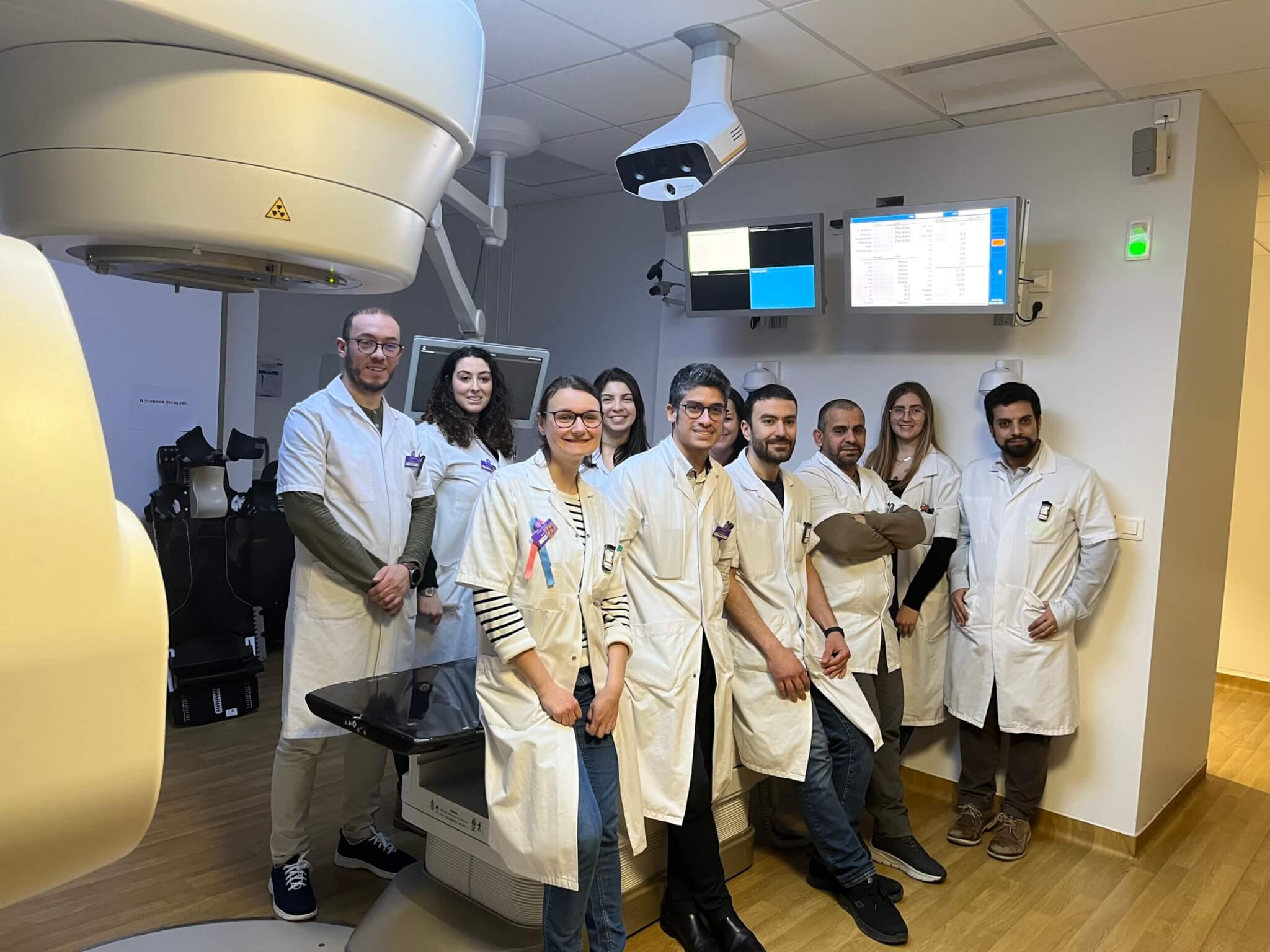Through thought-provoking articles, fresh industry perspectives and inspiring customer stories, the Journal is your source for the latest in medtech.
 Interview
InterviewChallenges and Solutions in Modern Brain Tumor Surgery
May is Brain Tumor Awareness Month As part of our efforts to raise awareness, we summarized three key challenges related to brain tumor surgery and asked our Director Clinical Affairs, Dr. Susanne Hager, what solutions modern technology offers to overcome these hurdles. Dr. Hager has worked in the field of neurosurgery for 15+ years. Prior […]
 Interview
InterviewSurgery, Radiosurgery and Radiotherapy – Insights from a Radiation Oncologist
A conversation with Nitesh Paryani, MD Tampa Oncology and Proton Founder and Medical Director How do physicians decide between radiosurgery, radiotherapy or surgery and what do these approaches mean for patients battling cancer? This video interview with expert radiation oncologist, Nitesh Paryani, MD, answers these questions and more. Watch the full video Read the transcript […]
 Article
Article3D Printing vs. Augmented Reality: Comparing the physical and virtual for surgical planning
Introducing the next generation of data visualization In the field of medicine, 3D printing and augmented reality represent the next-generation of data visualization tools that enable surgeons to interact with highly-detailed, anatomically accurate renderings of patient-specific data. These tools, while different in design and output, both have the potential to improve preoperative planning, surgical training […]
 Article
Article15 Digital Health Experts to Follow on LinkedIn in 2022
2020 and 2021 will remain in our memories as the years that turned existing infrastructures upside down. As a result, the COVID-19 pandemic has greatly accelerated the digitization of our society particularly in the healthcare sector. Technologies such as robotics, artificial intelligence, virtual reality, spatial computing and big data have found their way into many […]
 Article
ArticleThe Future Impact of 5G in Healthcare
Recently, the German state of North Rhein-Westphalia created the ‘Competence Center 5G.NRW’ to help push the state into the lead market for 5G. This initiative aims to reduce technical entry barriers for companies, develops the economic potential for vertical markets – such as automotive and mobility, energy, food and agriculture, smart cities, healthcare and manufacturing […]
 Article
ArticleThe Types of Medical Robots in Use Today and in the Future
Much of the technology humans develop has been and will be created out of the desire to go beyond our natural abilities. Computers, for example, were developed to automate mathematical calculations at speeds that far exceeded that which even the brightest brains were capable. From this need to surpass what we were naturally born to […]
 Article
ArticleFour Key Takeaways from a Fireside Chat with Stefan Vilsmeier & Sam Glassenberg
Brainlab President & CEO Stefan Vilsmeier and CEO and founder of Level Ex Sam Glassenberg recently discussed a variety of topics relating to the ever-evolving healthcare industry and the path forward for digital technologies in medicine. Throughout this 40 minute chat, they touched on a number of topics — from the effectiveness of games for […]
 Interview
InterviewGiving Voice to Patients through Technology: An Interview with Cathleen McBurney, Patient Advocate and Cancer Survivor
What are electronic patient reported outcomes? Electronic patient reported outcomes, or ePROs, is a mouthful of buzz words that simply refer to the questionnaires that patients are asked to fill out by their doctors related to their disease, treatments, and symptoms. The questions themselves can document a patient’s experience with physical, mental, and social well-being. […]
 Article
ArticleApplication of Augmented Reality in Percutaneous Procedures—Rhizotomy of the Gasserian Ganglion
Recently Alexander Rau, MD, Roland Roelz, MD, Horst Urbach, MD, Volker Arnd Coenen, MD, Theo Demerath, MD, Peter Christoph Reinacher, MD published a paper in which they examined the use of augmented reality (AR) — the real-time integration of virtual data into the user’s environment — in rhizotomy of the Gasserian ganglion. This common but […]
